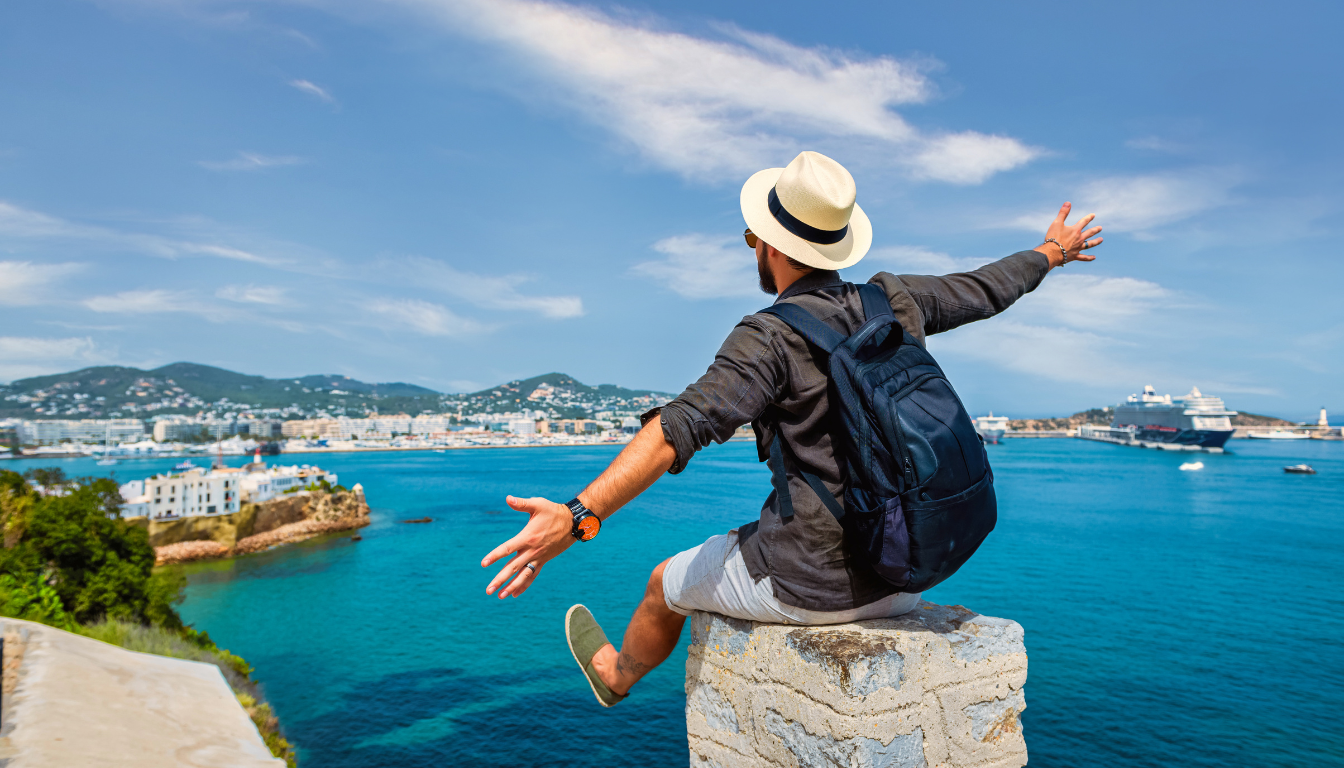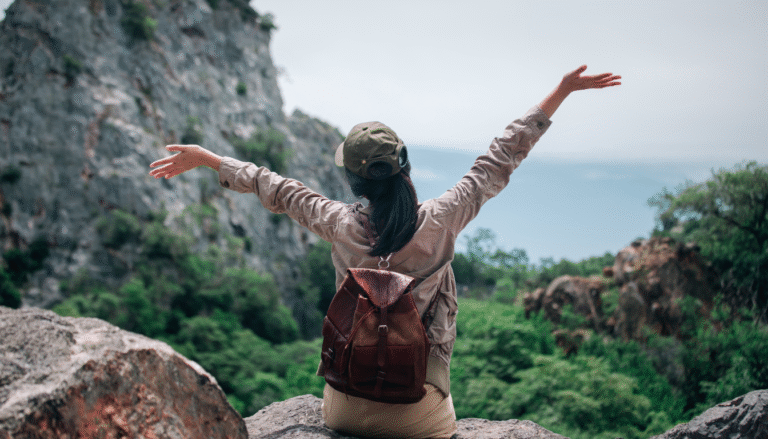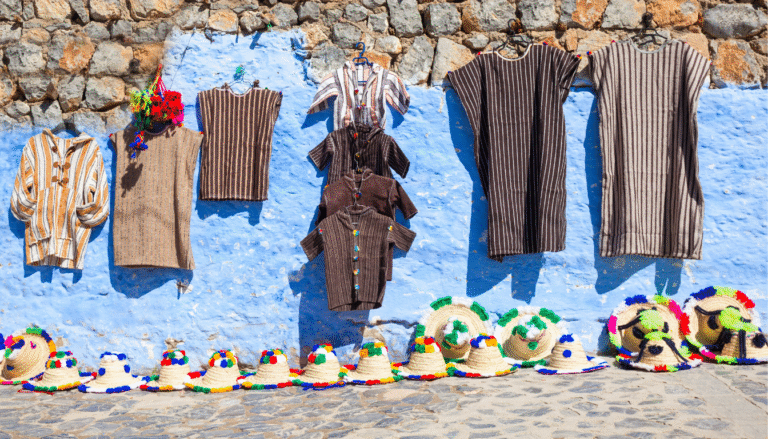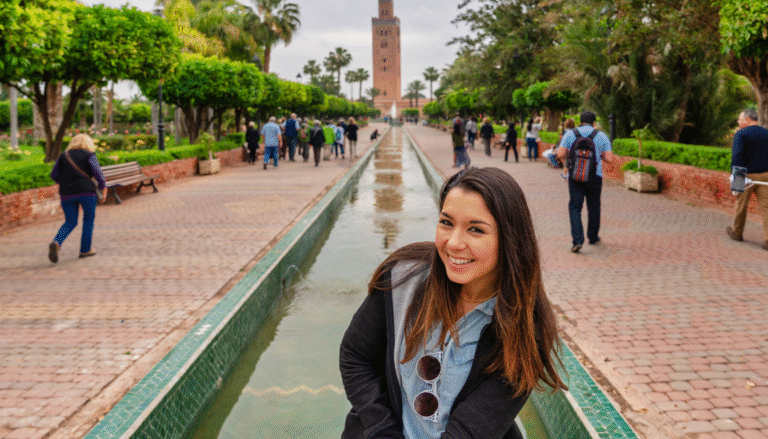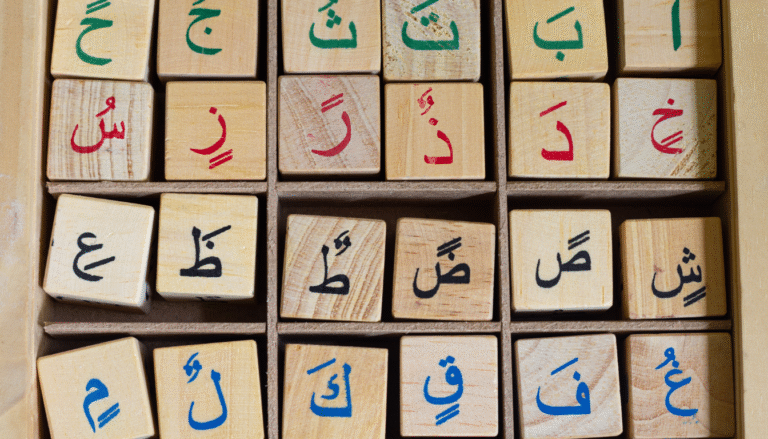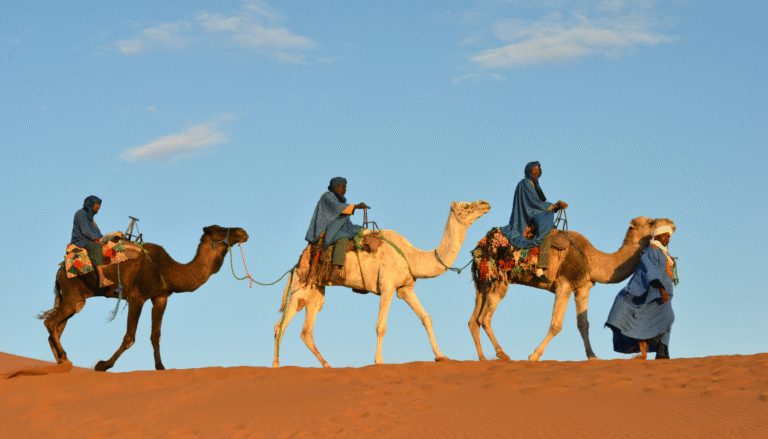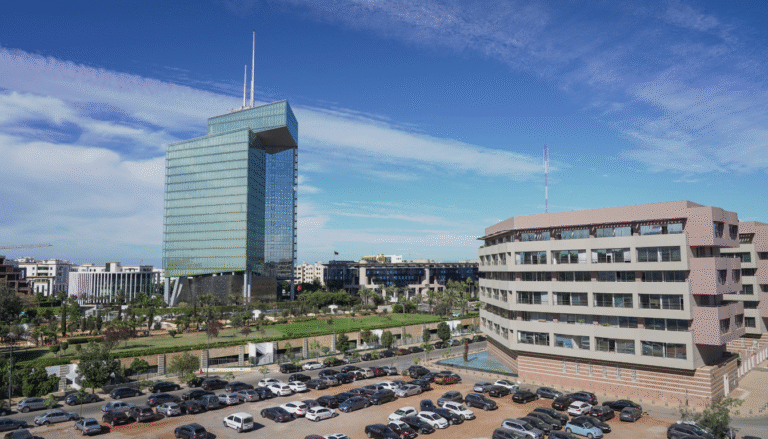Traveling to Morocco After Earthquake? What You Need to Know
A strong earthquake hit Morocco, worrying tourists who plan to visit. Knowing Morocco’s geography and seismic activity is key for safe travel.
Morocco’s spot in the Mediterranean makes it prone to seismic activity. As a tourist, knowing the risk assessment is vital. This helps you stay safe.
Learning about Morocco’s geography and seismic areas helps you make informed decisions. This way, you can enjoy your trip safely.
Understanding Morocco’s Seismic Landscape
When planning a trip to Morocco, knowing the seismic landscape is key. Morocco sits on the edge of the African and Eurasian tectonic plates. This makes it a hotspot for quakes.
Morocco’s Position on the African and Eurasian Tectonic Plates
Morocco is in northwest Africa, where the African and Eurasian plates meet. This spot creates a complex geological area. The plates’ interaction can lead to big earthquakes. Knowing this helps understand seismic risks across the country.
Historical Patterns in North Africa
North Africa, including Morocco, has seen many big earthquakes over time. These have changed the landscape and affect seismic activity today. Looking at past earthquakes helps travelers understand the risks in Morocco.
Recent Significant Seismic Events in Morocco
In recent years, Morocco has had several major earthquakes. These show the area’s ongoing seismic activity. They also highlight the need for travelers to be ready for earthquakes. Here’s a table of some recent significant earthquakes in Morocco:
| Year | Location | Magnitude | Impact |
|---|---|---|---|
| 2004 | Al Hoceima | 6.4 | Widespread damage and loss of life |
| 2016 | Al Hoceima | 6.3 | Further damage and casualties |
| 2023 | Marrakech-Safi | 6.8 | Significant damage and international response |
Understanding Morocco’s seismic landscape helps you prepare for your trip. It ensures you stay safe while traveling.
High-Risk Earthquake Regions You Should Know About
Traveling to Morocco? Knowing the seismic-prone areas can save your life. Morocco’s varied landscapes include spots where quakes are common. It’s key to know these areas to stay safe while traveling.
The Rif Mountains and Mediterranean Coast
The Rif Mountains are known for their tough terrain and high earthquake risk. The Mediterranean coast, near the Rif, has seen a lot of earthquakes before. Visitors should be careful when exploring this beautiful but risky area.
Atlas Mountains: A Seismic Area
The Atlas Mountains are breathtaking but also a hotspot for earthquakes. Their unique geology makes them more likely to have quakes. Travelers should prepare for earthquakes by learning safety tips.
Al Hoceima and Other Vulnerable Northern Cities
Cities like Al Hoceima in northern Morocco face significant risks. The area’s history shows how important it is to be ready. Knowing how to act during seismic events can save your life.
| Region | Seismic Risk Level | Precautions |
|---|---|---|
| Rif Mountains | High | Stay informed, know emergency exits, and have a plan. |
| Atlas Mountains | High | Be prepared for sudden events, secure heavy objects. |
| Al Hoceima and Northern Cities | High | Follow local guidelines, stay updated on activity. |
By knowing the seismic-prone areas in Morocco and taking steps to stay safe, you can have a better trip. Always stay informed and ready for anything that might happen during your visit.
Tourist Hotspots and Their Earthquake Risk Assessment
Planning your trip to Morocco? Knowing about earthquake risks at popular spots is key. Morocco’s varied landscapes make some areas more prone to earthquakes. Staying informed can help keep you safe while traveling.
Marrakech: Imperial City with Moderate Risk
Marrakech is alive with culture and history, but it has a moderate risk. Many old buildings don’t meet today’s safety standards. So, be mindful of your surroundings and know where to go if needed.
Casablanca and Rabat: Coastal Vulnerabilities
Casablanca and Rabat, Morocco’s coastal cities, face unique risks. They are generally safer but can’t avoid earthquakes. Make sure your places to stay and tour guides follow local safety rules.
Fez and Meknes: Inland Safety Considerations
Fez and Meknes are steeped in history, but they need extra care. Their narrow streets and old buildings can be tricky during earthquakes. Keep up with local emergency plans and have a backup plan.
Daily Safety Routines for Preparedness
Chefchaouen, in the Rif Mountains, is a high-risk area. The area’s rough terrain and earthquakes demand extra caution. Always check the latest seismic updates and listen to local advice.
Knowing the earthquake risks in these places helps you prepare for your trip. You can enjoy Morocco’s culture and history with more confidence.
Traveling in an Earthquake Zone: Your Pre-Trip Preparation Guide
Planning a trip to Morocco means more than just booking flights. It’s also about knowing the local earthquake risks. Being prepared for earthquakes can greatly improve your travel experience.
Essential Research: Seasonal Seismic Patterns in Morocco
It’s important to know about Morocco’s earthquake patterns. Some areas face more earthquakes at certain times. Knowing this can help you plan your trip more safely.
Specialized Travel Insurance for Natural Disasters
Getting travel insurance that covers natural disasters is smart. It can protect you from trip cancellations, medical costs, and evacuations.

Creating a Morocco-Specific Emergency Kit
Having an emergency kit for Morocco’s earthquakes is key. Your kit should have a first-aid box, flashlight, battery-powered radio, and non-perishable food.
| Emergency Kit Items | Description |
|---|---|
| First-aid box | Basic medical supplies |
| Flashlight | For navigating in the dark |
| Battery-powered radio | For staying informed |
| Non-perishable food | For sustenance during emergencies |
Digital Resources for Real-Time Earthquake Monitoring
Using digital tools for earthquake updates is helpful. Apps and websites that send earthquake alerts are great resources while traveling.
By following these steps, you can greatly improve your safety and preparedness for Morocco’s earthquake zones.
Selecting Earthquake-Resistant Accommodations in Morocco
Morocco’s mix of old and new buildings affects your safety during an earthquake. Choosing the right place to stay is key. Make sure your lodging can withstand earthquakes.
Modern Hotels vs. Traditional Riads: Safety Comparison
Modern hotels in Morocco follow today’s safety rules, including earthquake safety. Traditional riads are lovely but might not be as safe due to older structures. Yet, many riads have been updated for safety.
When picking between modern hotels and traditional riads, think about the building’s age and any updates.
Critical Questions to Ask Before Booking
Before you book, ask about the building’s earthquake safety. Ask if it has been updated for earthquakes and what emergency plans are in place. Don’t hesitate to ask about their safety steps.
Identifying Structural Warning Signs in Moroccan Buildings
Check your accommodation for signs of damage or neglect. Look for cracks in walls or uneven floors. These signs might mean the building is not safe in earthquakes. If you see any, tell the management right away.
Daily Safety Routines for Earthquake Preparedness
Traveling to places like Morocco means you need to check for safety every day. A daily routine can really help you get ready for unexpected events.
Morning Room Safety Assessment Checklist
Start each day by checking your place for dangers. Make sure heavy furniture is tied down. Know the safest spots in your room, like under tables or against walls.
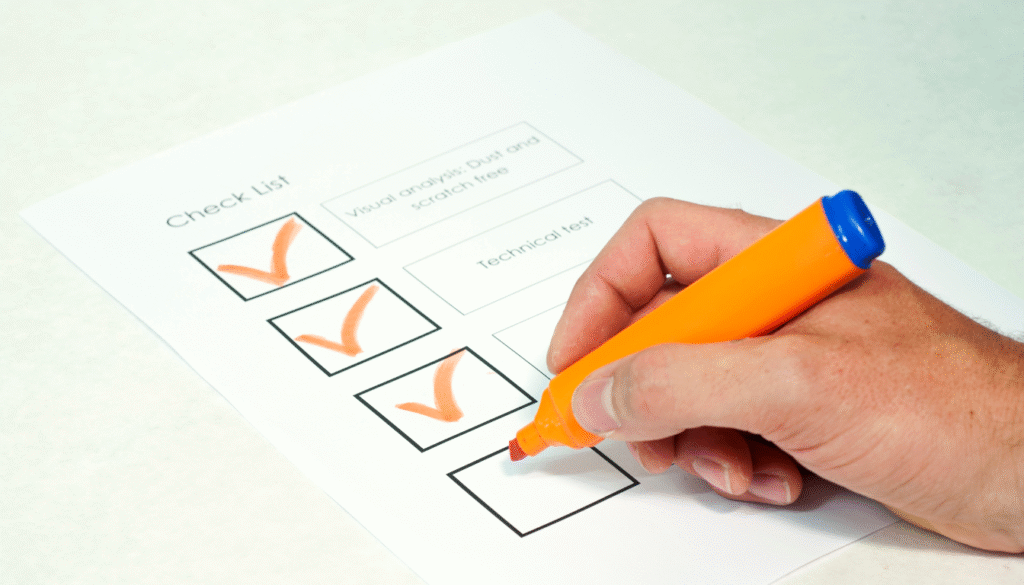
Mapping Emergency Exits in Moroccan Buildings
Find the exits in your hotel or any place you go. Knowing the best way out can save lives. Look for exit signs and count doors to the nearest exit.
Family Communication Plans While Traveling
Make a plan with your family in case you get lost. Pick a spot outside to meet up. Make sure everyone has a phone ready and knows the local emergency numbers.
Secure Storage Solutions for Vital Documents
Keep important papers like passports in a safe place. Use a waterproof container or a secure online service for extra safety.
| Daily Safety Task | Action Required |
|---|---|
| Morning Safety Check | Inspect room for hazards, secure furniture |
| Emergency Exit Mapping | Locate exits, count doors to nearest exit |
| Family Communication | Designate meeting spot, know emergency numbers |
| Document Security | Store vital documents in waterproof container |
When the Ground Shakes: Immediate Action Steps
Earthquakes can happen without warning. It’s important for travelers in Morocco to know what to do. Being ready can help keep you safe during these events.
Indoor Safety Procedures in Moroccan Buildings
When an earthquake hits indoors, drop to the ground. Find cover under a sturdy piece of furniture like a table. Hold onto it to avoid being pulled away.
If there’s no furniture, crouch against an interior wall. Stay away from windows and doors.
- Stay away from heavy furniture and objects that could fall.
- Avoid standing near windows, mirrors, or any glass.
- Do not attempt to run outside or use elevators.
Outdoor Safety in Medinas and Open Spaces
If you’re outside, move to an open area. Stay away from buildings, power lines, and streetlights. Watch out for falling debris and aftershocks.
Vehicle Safety on Morocco’s Mountain Roads
If driving during an earthquake, pull over to a safe spot. Avoid stopping near buildings, bridges, or overpasses. Stay in your vehicle with your seatbelt on until it’s safe to move.
- Keep your radio tuned to local news for updates.
- Be prepared for aftershocks and road closures.
- Follow evacuation instructions from local authorities.
Managing Panic in Unfamiliar Surroundings
Staying calm is key during seismic events. Take deep breaths and focus on your safety. Help others around you if they’re panicked or hurt.
Being informed and prepared can reduce risks when traveling in earthquake zones. This ensures a safer experience in Morocco.
Navigating the Aftermath: First 24 Hours Post-Event
The moments after an earthquake in Morocco can be chaotic. Knowing what to do is key. As a tourist, your safety depends on making quick, informed decisions.
Situation Assessment in an Unfamiliar Country
After the shock, assess your surroundings carefully. Look for injuries and help if you can. Note any damage to your place or the area around it.
Use the “DROP, COVER, AND HOLD ON” method during the earthquake. Once it’s safe, check your environment.
Contacting the US Embassy and Moroccan Emergency Services
Next, contact emergency services. In Morocco, call 112 or 19 for emergencies. Also, tell the US Embassy about your situation through their Smart Traveler Enrollment Program (STEP).
| Emergency Service | Contact Number |
|---|---|
| General Emergency | 112 |
| Police | 19 |
Finding Safe Temporary Shelter
Look for safe shelters or evacuation centers. Stay away from damaged buildings or hazardous areas. Your hotel or local guides can help find safe zones.
Accessing Medical Care in Morocco’s Healthcare System
If you need medical help, Morocco has public and private healthcare. Big cities like Marrakech and Casablanca have good hospitals. For minor issues, pharmacies can help with treatment and advice.
By following these steps, you can manage the first 24 hours after an earthquake in Morocco. Stay informed, be prepared, and always put your safety first.
Special Considerations for Families and Vulnerable Travelers
Traveling to earthquake-prone areas like Morocco requires extra care for families and vulnerable travelers. It’s not just about knowing the basics. It’s about having strategies that meet the needs of children, the elderly, and those with mobility issues.
Traveling with Children in Earthquake-Prone Regions
Children need special care during emergencies. When traveling with kids, remember to:
- Teach them about earthquake safety in a way they can grasp
- Practice earthquake drills together
- Have a child-sized emergency kit ready with diapers, formula, and favorite toys
Also, choose accommodations that are safe for kids. Look for places with secure furniture and soft-close drawers.
Elderly and Mobility-Impaired Traveler Precautions
For the elderly or those with mobility issues, being prepared is key. This means:
- Finding accessible evacuation routes and emergency shelters
- Carrying a personal locator device or keeping your phone charged
- Packing essential medications and having a plan for medical emergencies
| Precaution | Benefit |
|---|---|
| Research accessible evacuation routes | Ensures safe exit during emergencies |
| Carry a personal locator device | Facilitates quick location by emergency responders |
| Pack essential medications | Maintains health during and after the earthquake |
Group Travel Safety Protocols
For groups, clear communication and safety plans are essential. This includes:
- Choosing a meeting point in case of separation
- Ensuring everyone has a fully charged phone and a portable charger
- Telling the group about local emergency procedures and contact info
By following these steps, families and vulnerable travelers can stay safer while exploring Morocco.
Moroccan Emergency Response: What Americans Should Expect
In the event of an earthquake, Morocco has systems to help tourists. Knowing these systems can make you safer.
Morocco’s Emergency Services Compared to US Systems
Morocco’s emergency services are getting better, focusing on natural disasters. They are similar to the US in some ways. For example, Morocco has a 112 emergency number like the US’s 911.
Essential Arabic and French Emergency Phrases
Knowing basic phrases in Arabic and French can save lives. Saying “النجدة” (al-najda) for “help” in Arabic or “Au secours!” for “Help!” in French can help. Carry a phrasebook or use a translation app.
“In times of crisis, being able to communicate with locals can make a significant difference.” – Travel Safety Expert
Community-Based Disaster Response in Moroccan Culture
Moroccan culture values community and aid during disasters. Locals quickly help those in need, including tourists. Understanding this can help you in emergencies.
Knowing Morocco’s emergency systems, learning key phrases, and understanding the culture can prepare you for seismic activity.
Conclusion: Embracing Morocco Safely Despite Seismic Risks
Traveling in an earthquake zone needs careful planning. Morocco’s seismic landscape is complex, with different risks in various areas. By understanding these risks and taking precautions, you can have a safe and fun trip.
It’s vital to know about earthquake preparedness and travel safety. Research your destinations, choose safe accommodations, and learn emergency procedures. With the right knowledge, you can explore Morocco’s earthquake-prone areas safely.
When planning your Morocco trip, being prepared is essential. Stay informed and take the right precautions. This way, you can enjoy Morocco’s culture and beauty while staying safe from earthquakes.

